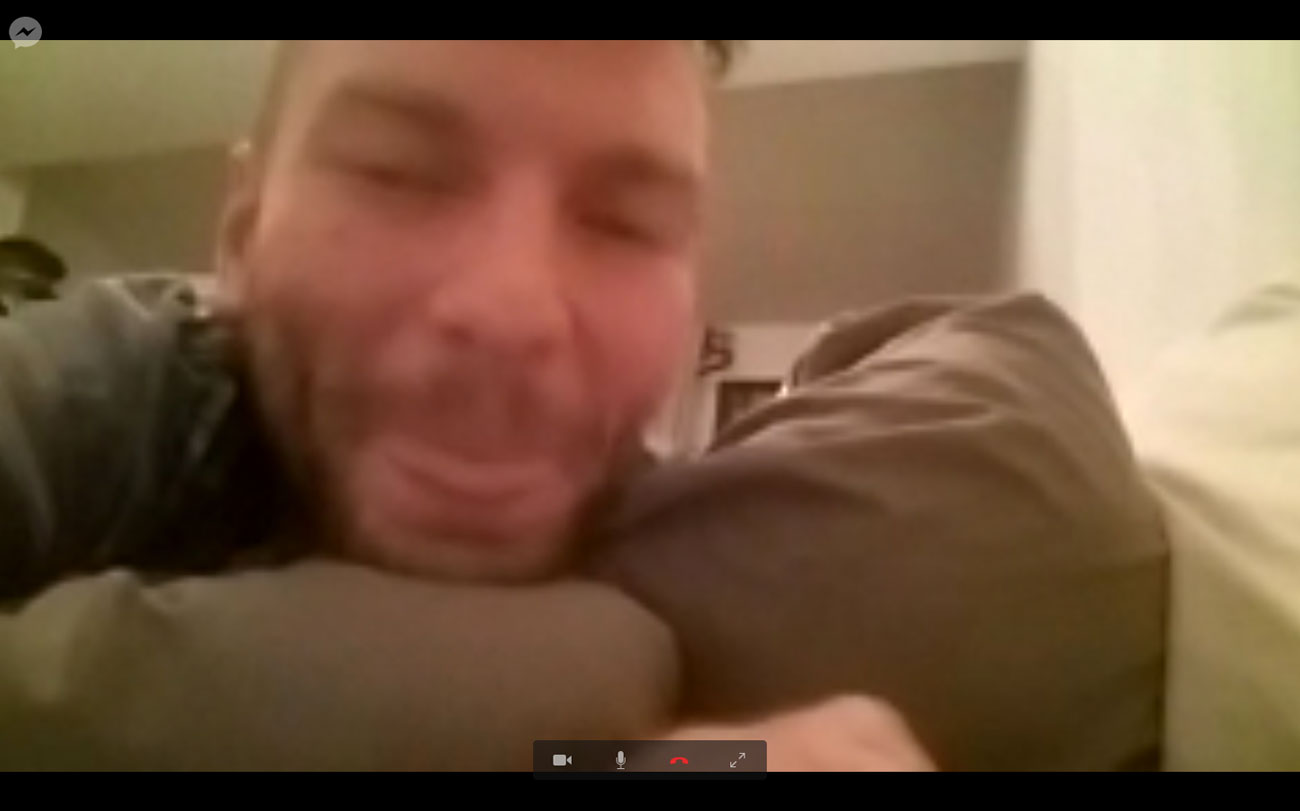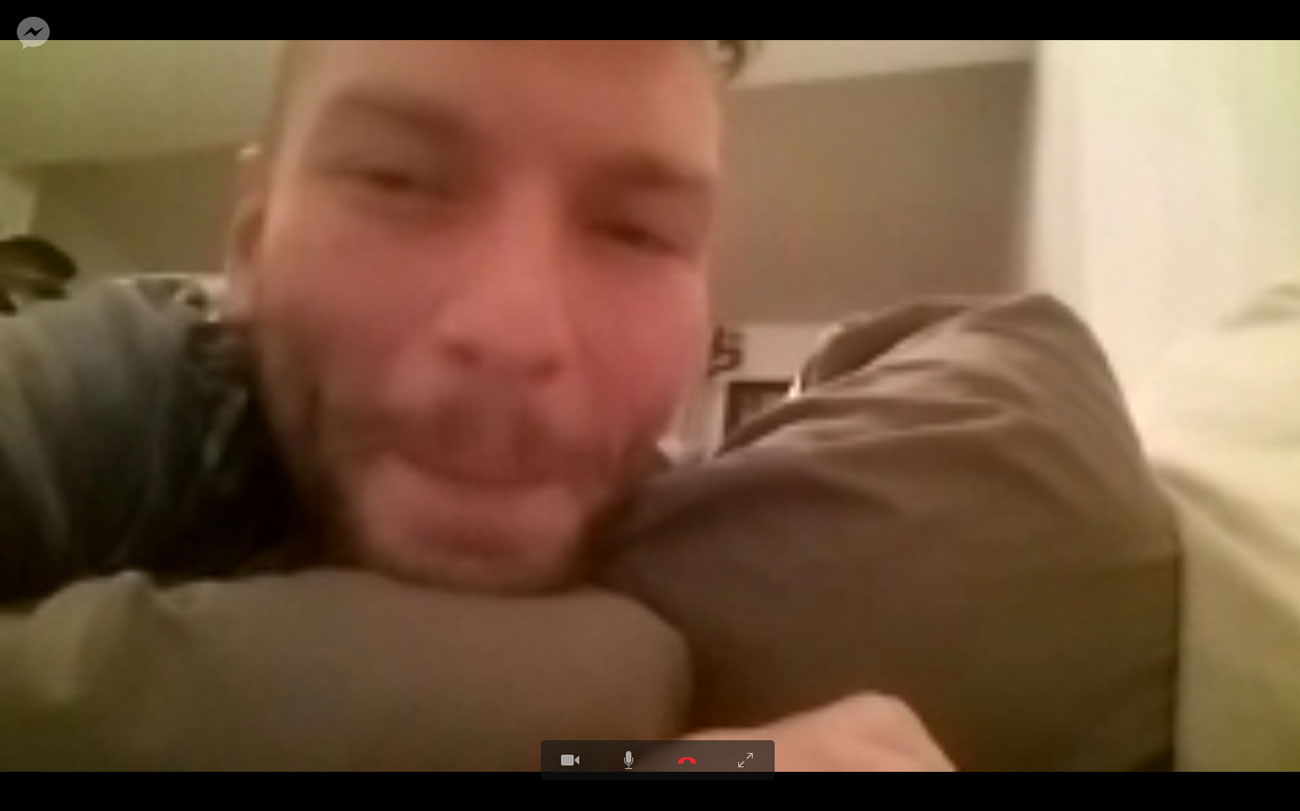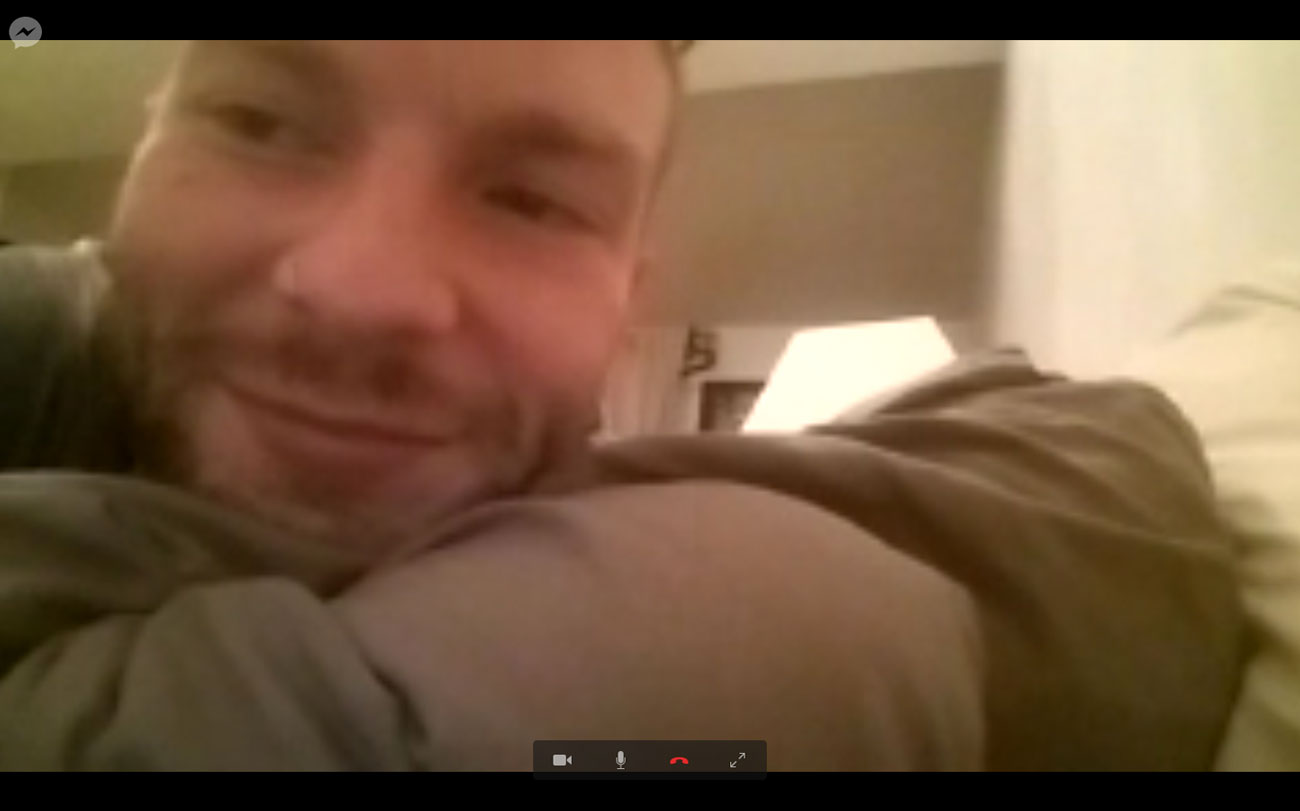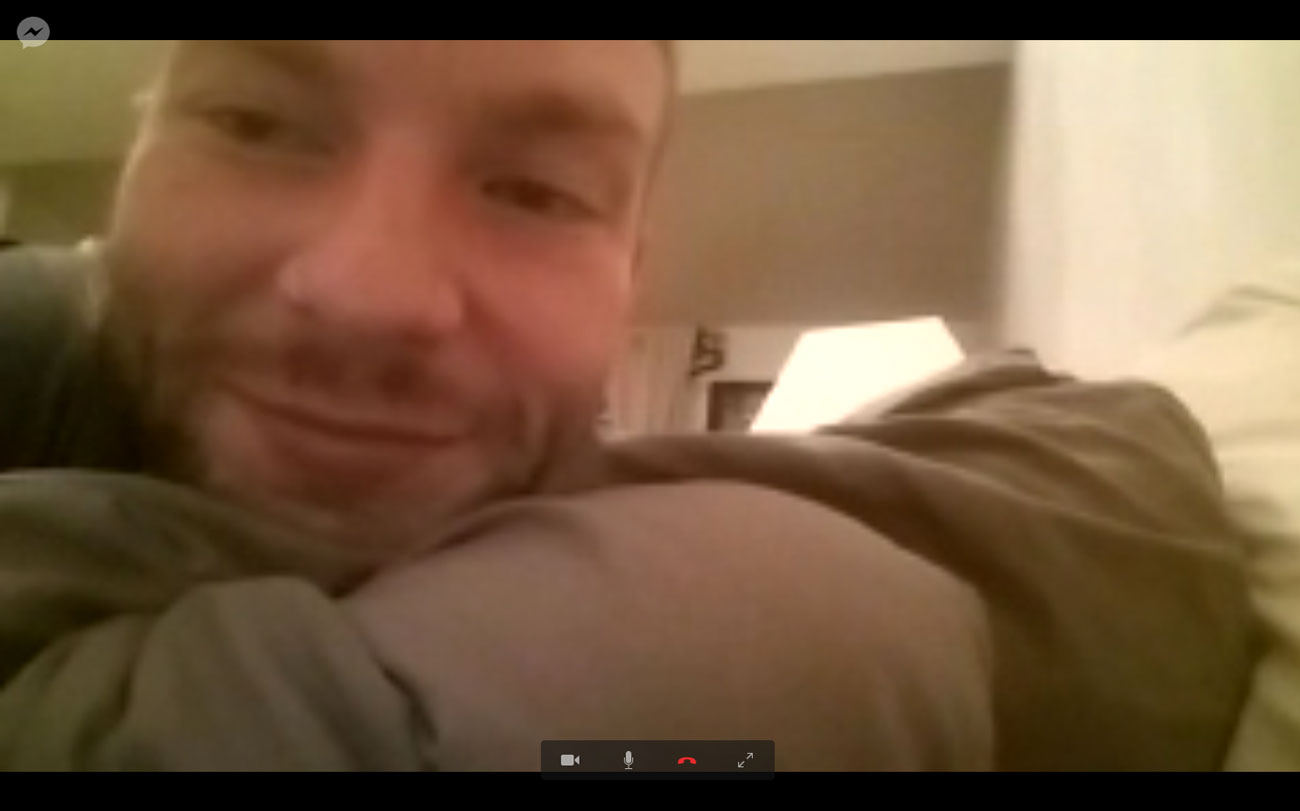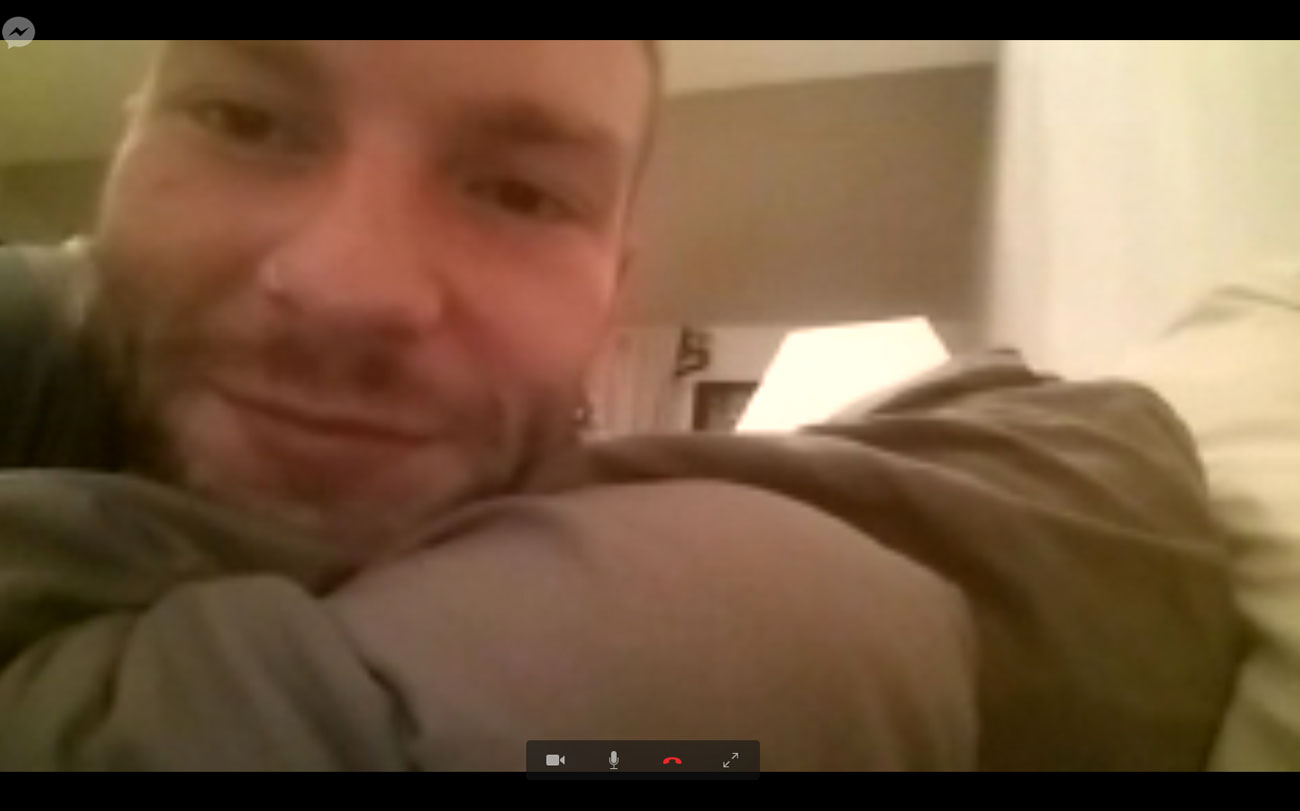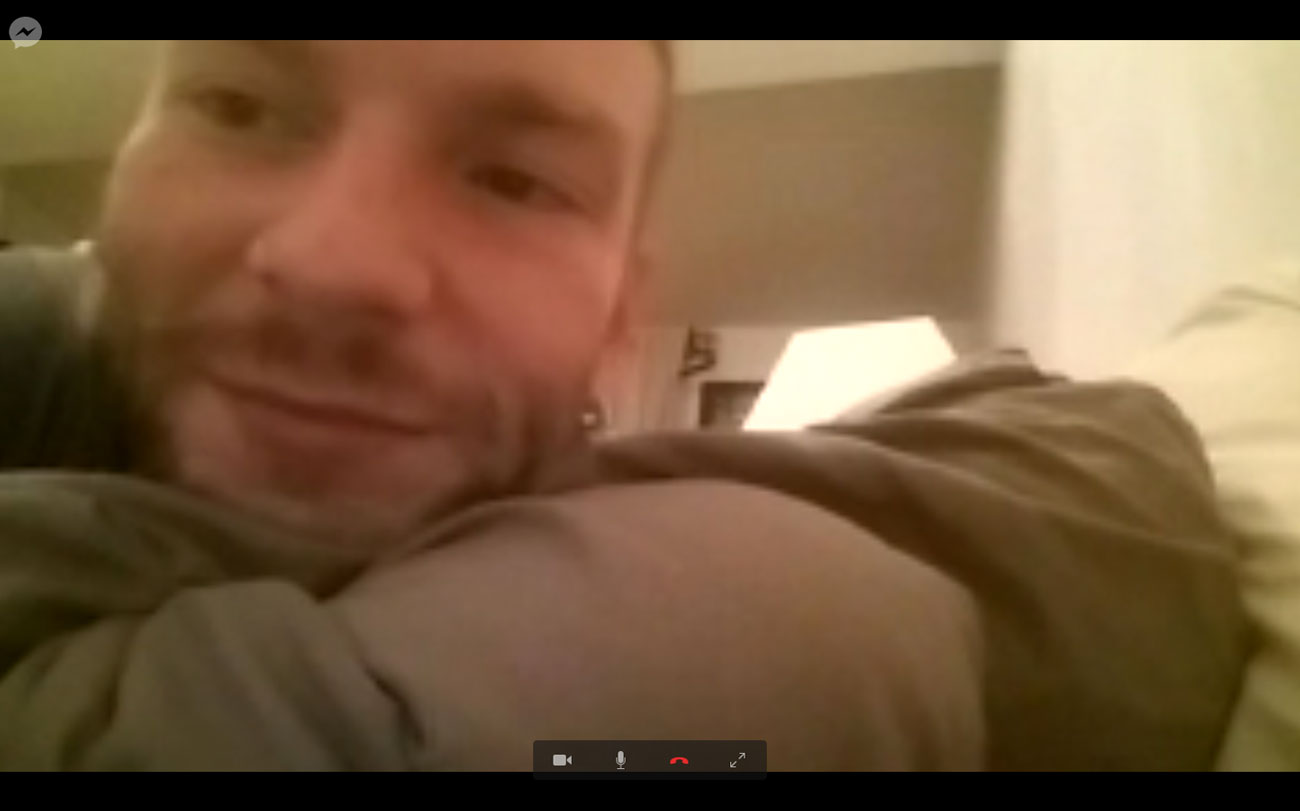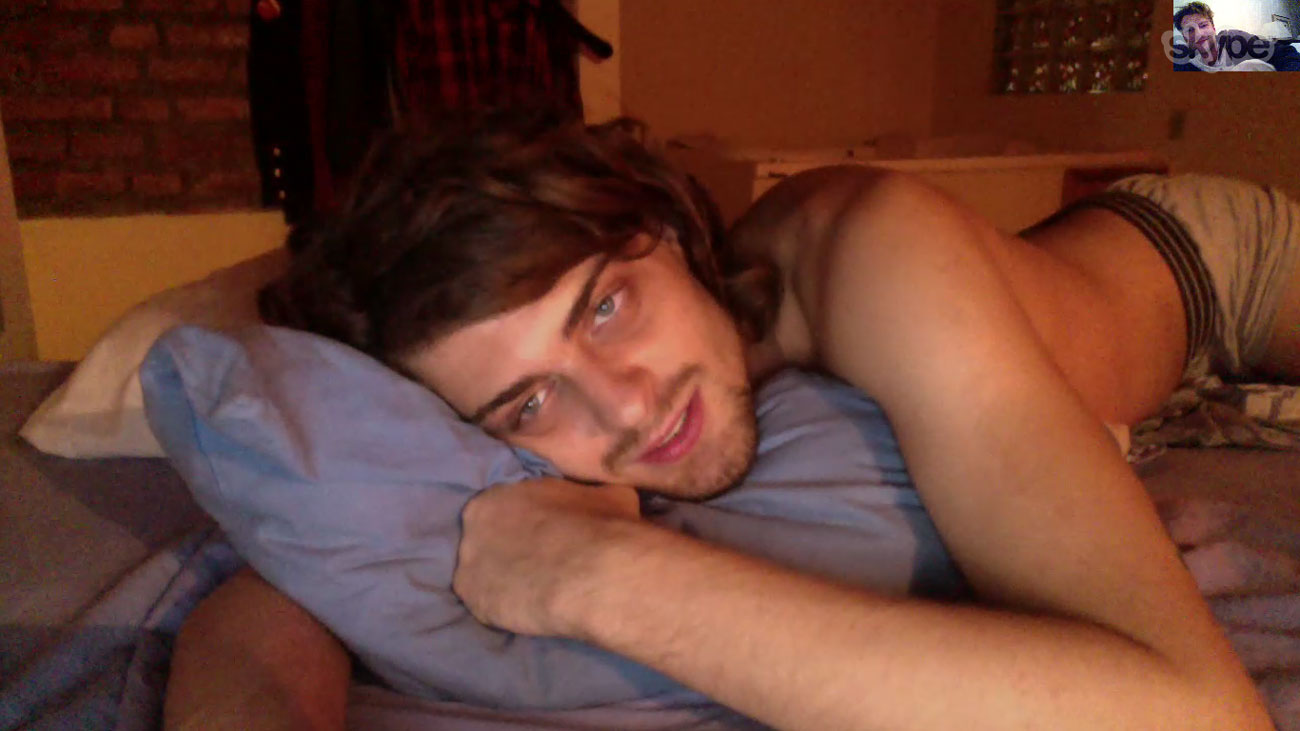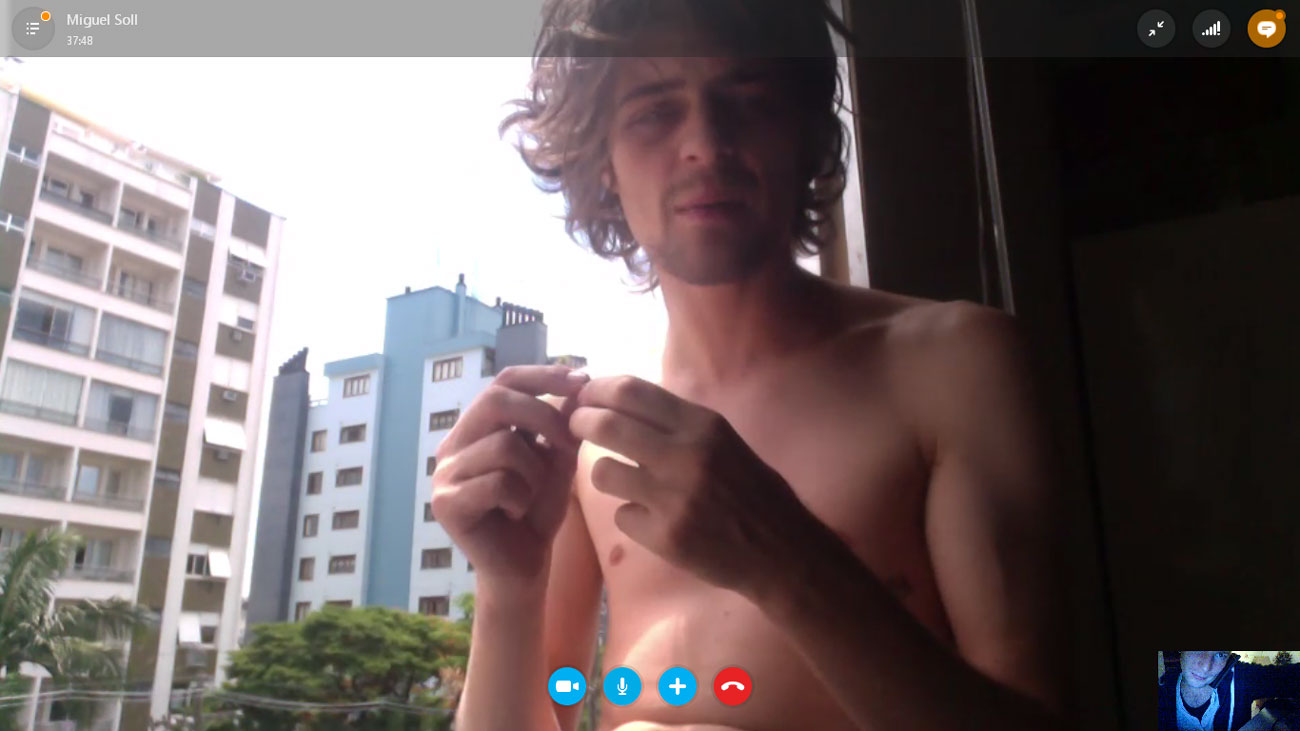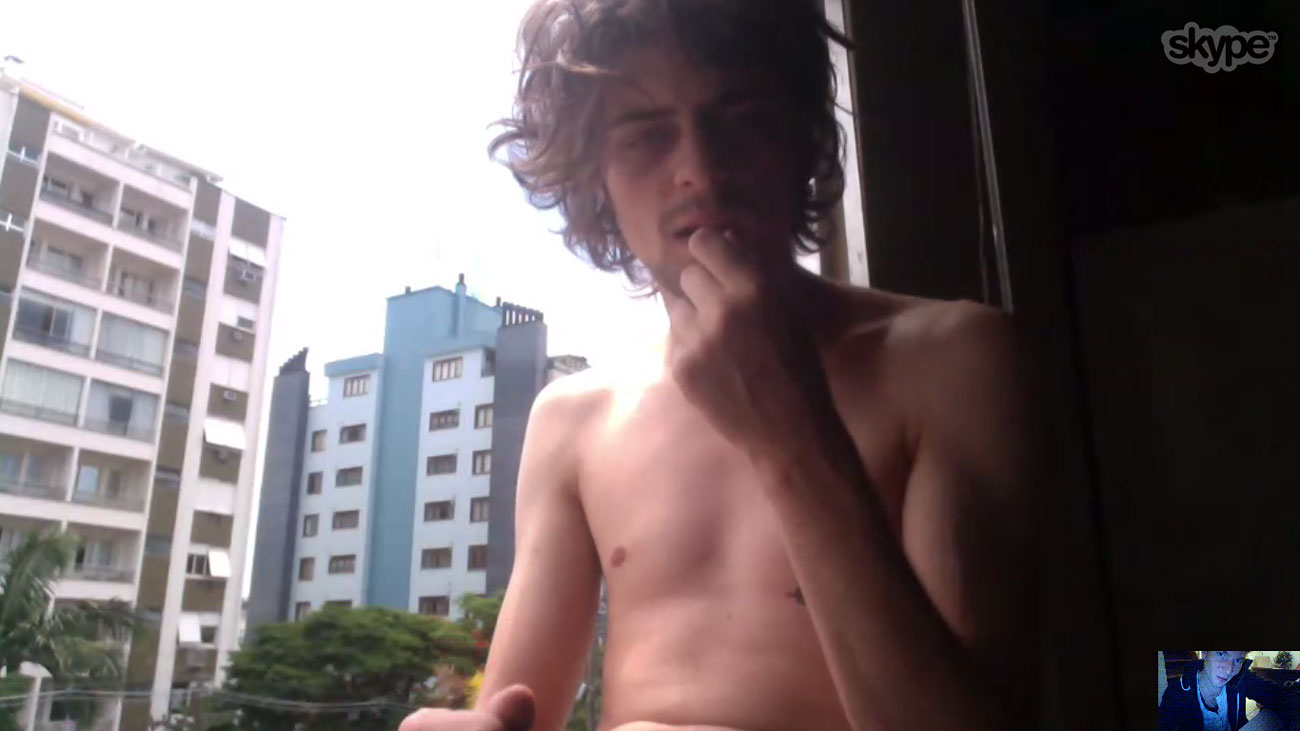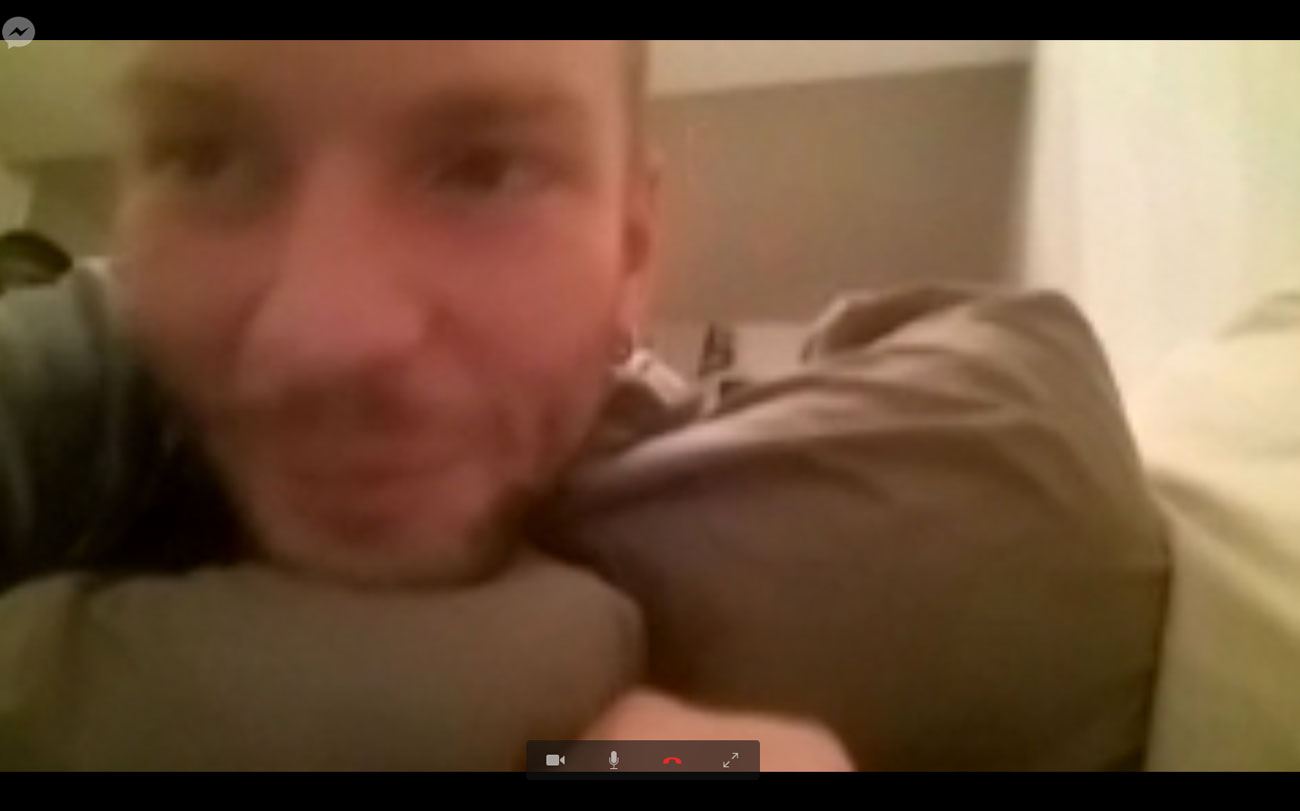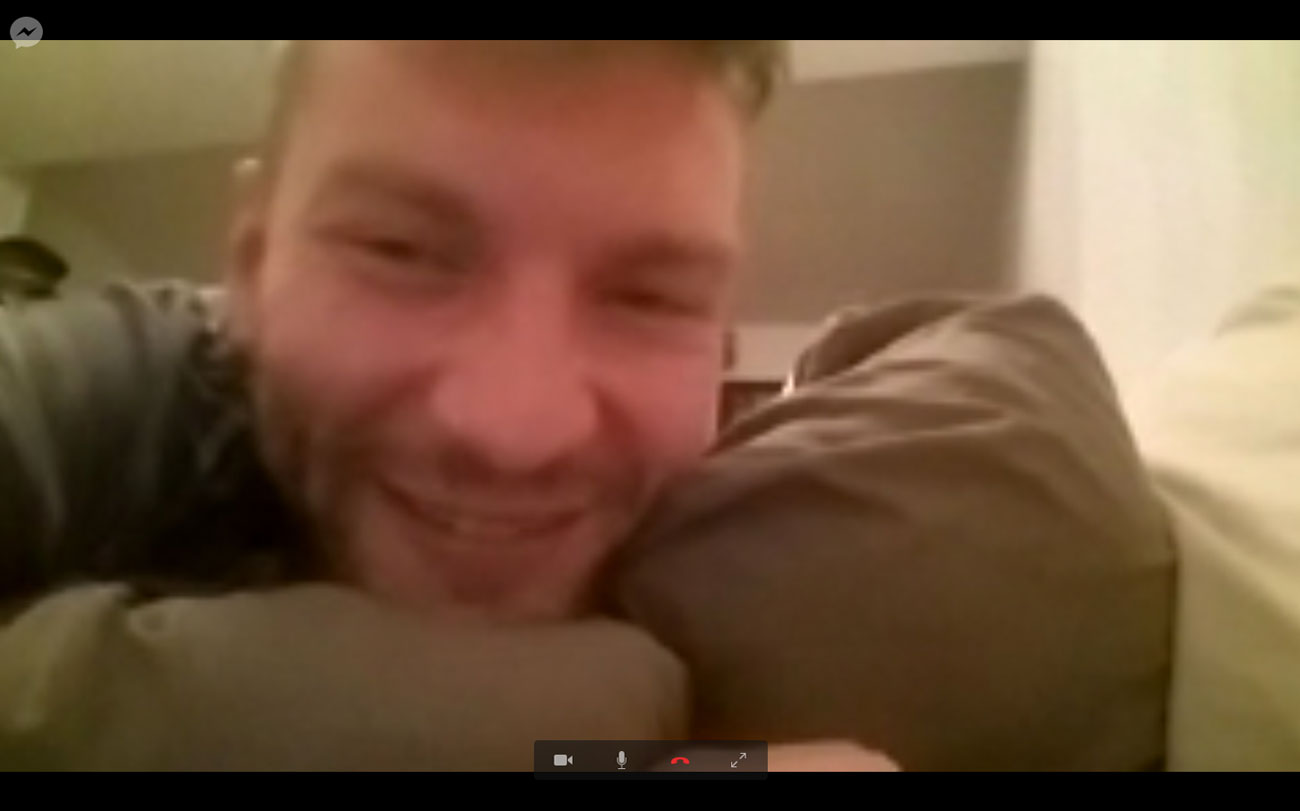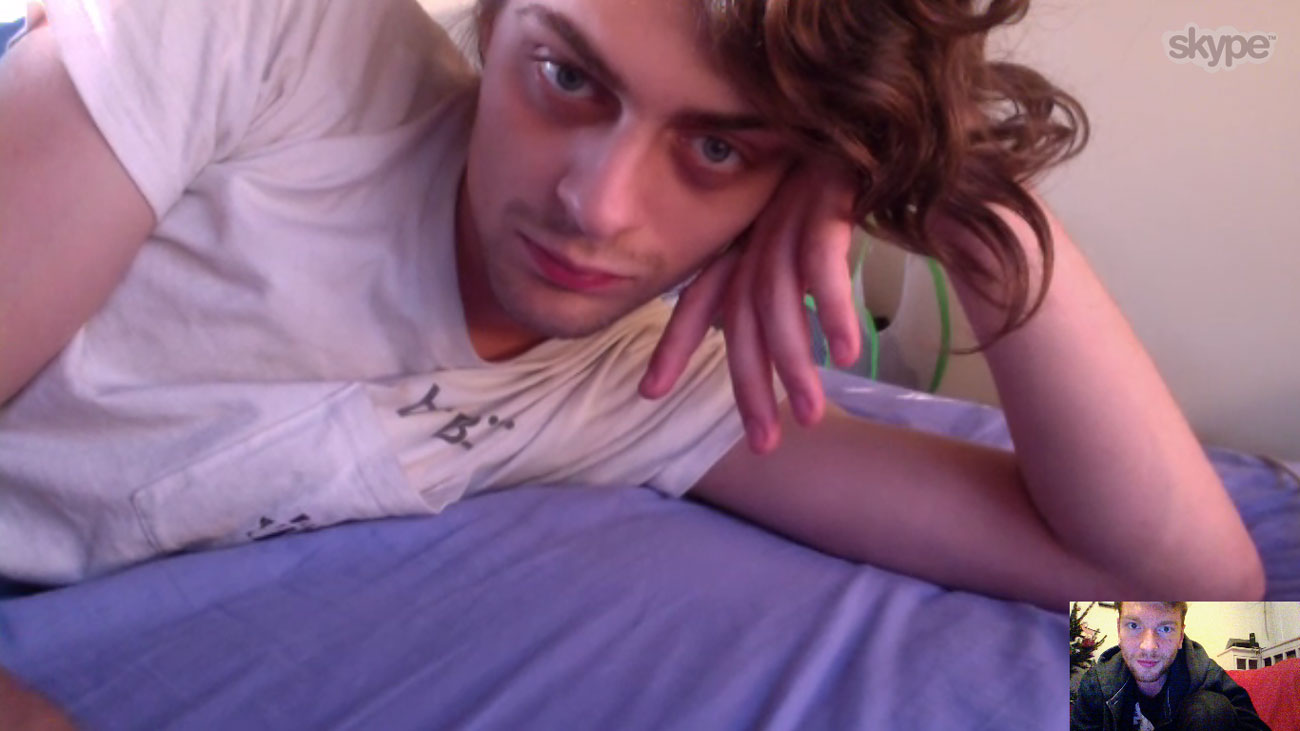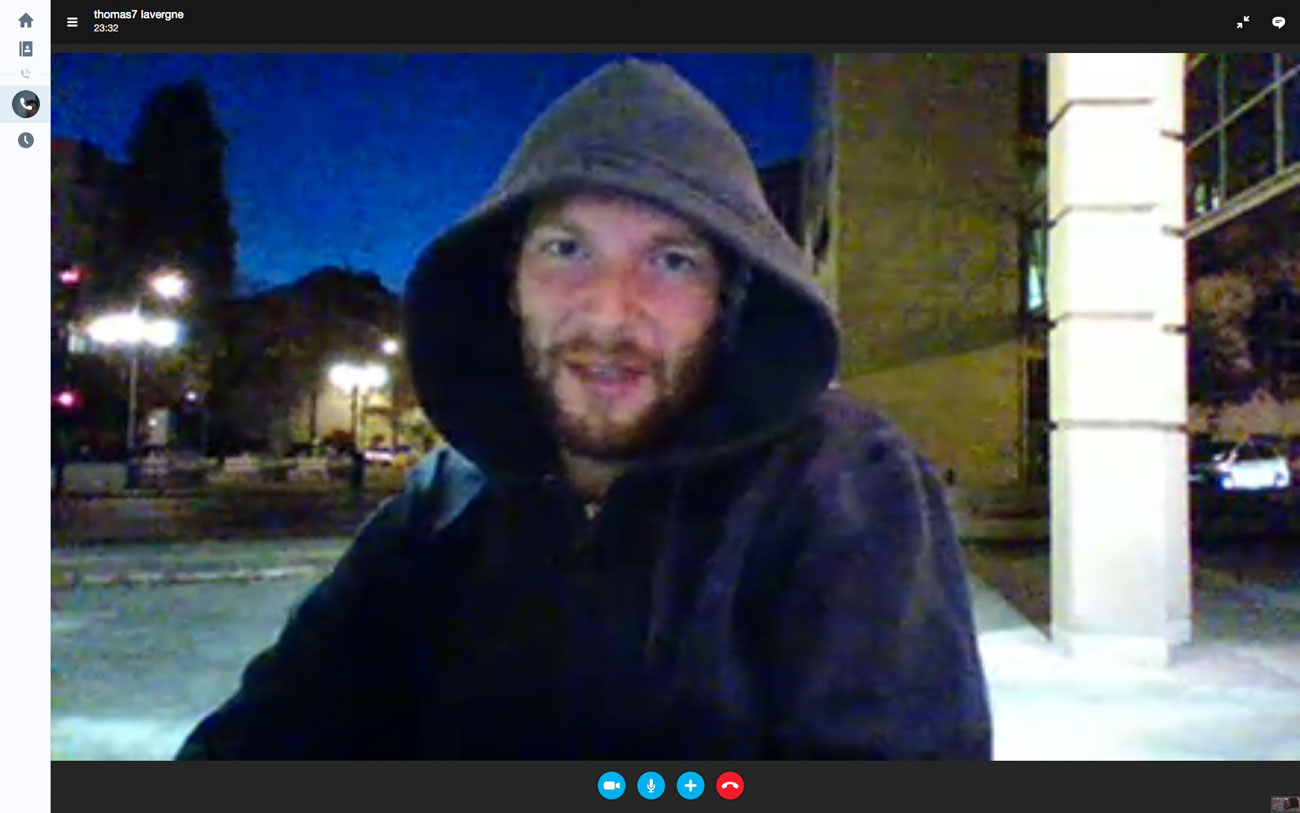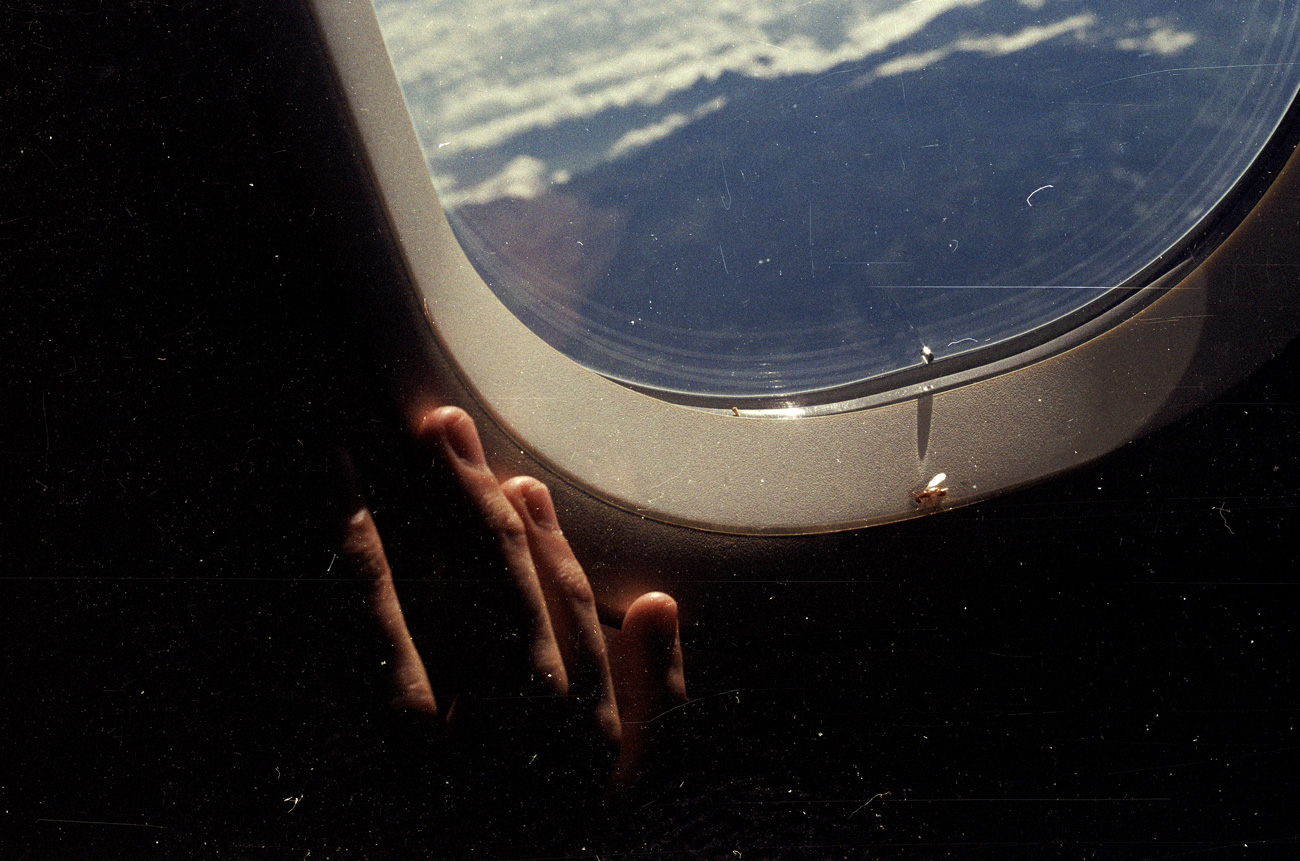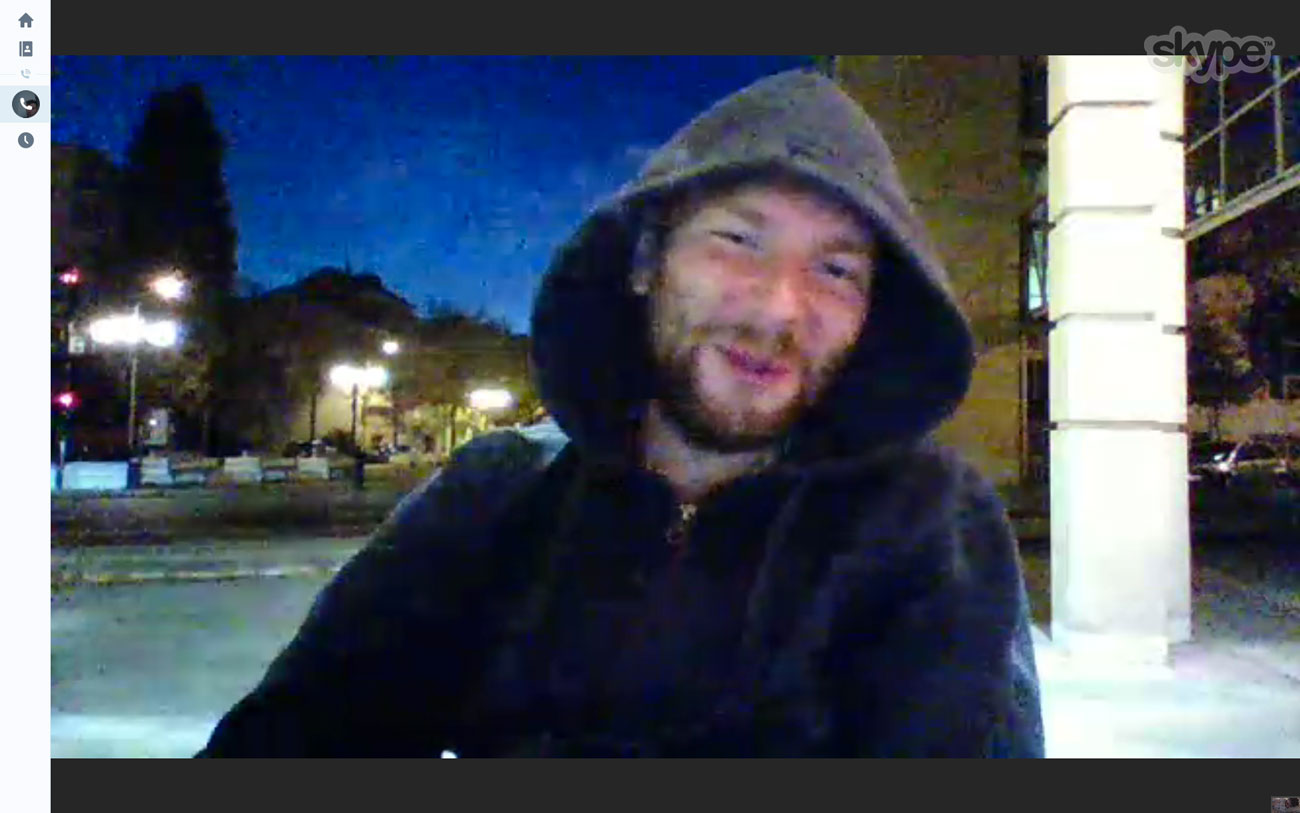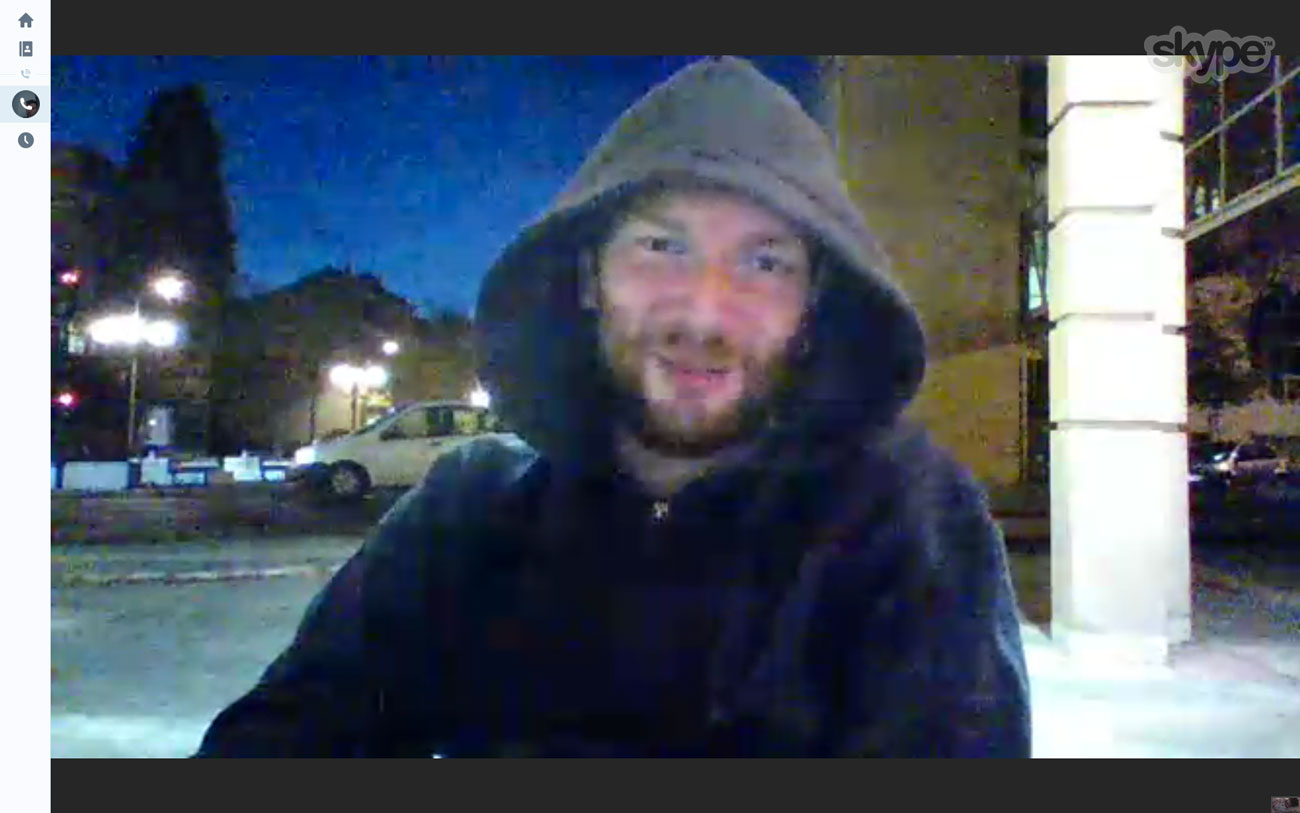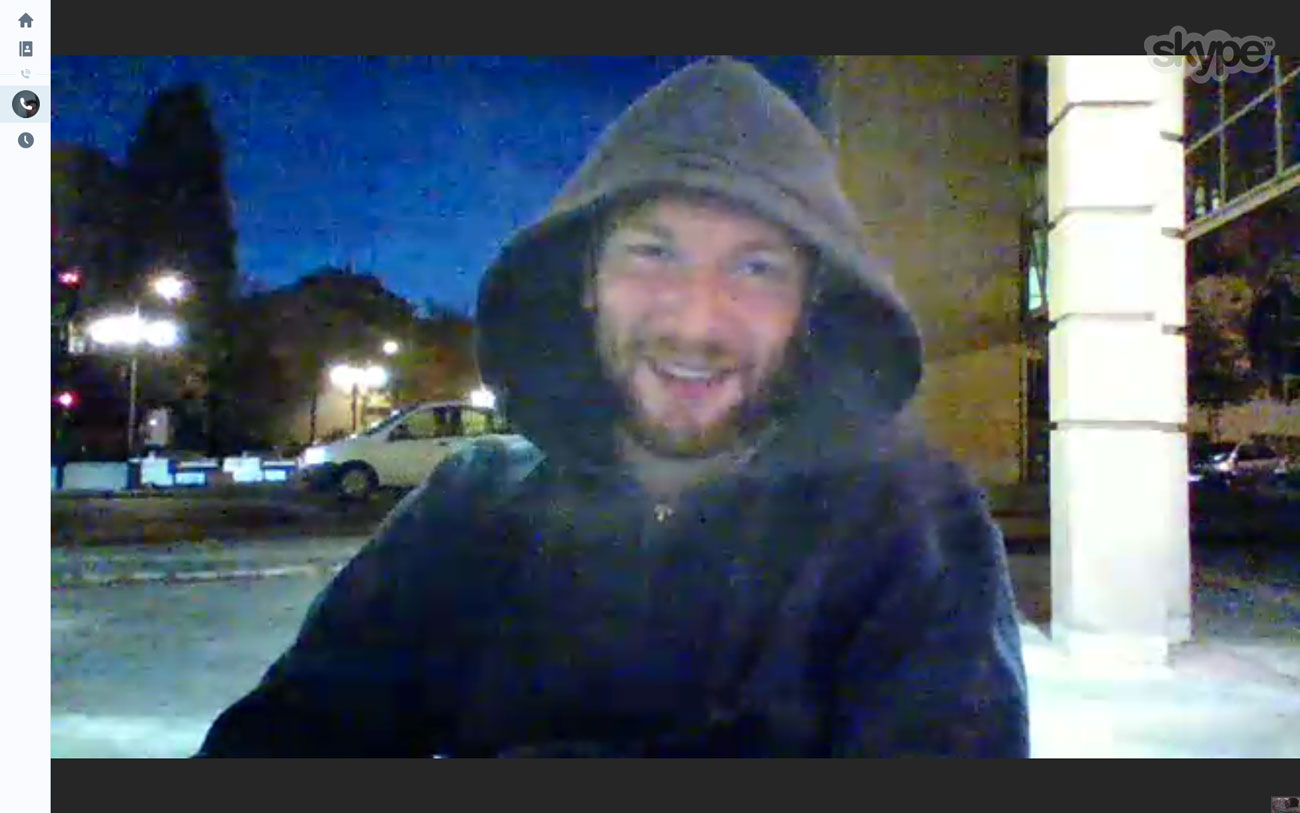Rachaduras/Cracks
personal
year
work in progress
work in progress
Better viewed on desktop.
When Thomas and I met, I lived on the intersite between my subconscient and Urugayan’s Atlantic waters. More madness than reason, he came in the shadow of a psychotropic love, adjacent of a pressure cooker desire. I, lost between the cracks of the closet, exploding myself between the teeths of an occasional lover, encountered Thomas by the hands of another. It was among sand, a cliff and sea water that we saw each other for the first time. When I came to myself and when I saw his body shining on the back-light of the first dawn of the year, I tried to portray the moment with the camera that I had in my pocket. The film was already over, so I had to take a picture with my mind. To keep it safe on my symbolic wallet, away from everything that we mistake from memory and dream. I didn’t speak his language and he didn’t understand mine. In this foreign country mother of ourselves, none of us knew how to correctly rub the tongue on our palate, nor how to order a taxi or to ask for any information that could bring us back to the neighboring city in which I was staying. In the differences between our two bodies, we were identical in our quality of strangers.
This morning has lasted for more than 7 years. After the first encounter we lived 4 years apart. From a continental balance between my south and his north harbor. Affection administered with a dropper, salty as the goodbye tears and the sweat of the wait. When we saw each other, it was as if the world would turn backwards. The images of his smell would transport me to the precise moments of the last goodbye. His body, now a different one, would rematerialize itself as his memory would give place to his presence. The most difficult moment would be when I would see him turn into the boarding gate and when he would disappear into the airport’s bureaucracy. His body, that was once there, beside me, would be dematerialized the moment he would disappear from my sight. The message on my cell phone would be the indicative of a new presence. That afect’s immanence stays for as long as the distancing period would last: it was with every message, every Skype, every shared photo that his virtual body would be fed. It would form itself in the borders of my projection. This body, both immaterial and presence, would be constructed as the distance would consume the memory of its materiality. When Thomas left, his body would be completely destroyed. During our goodbyes, an avatar would be created by the juxtaposition of our two. When he would come back, it was the time for this virtual body to be destroyed, giving place to his physical one to arrive and to create new material memories.
Cracks is a series that talks about this body. About this pain. About this virtual, irreal, physical, immaterial presence that is the result of so much destruction. Of so much affection; of so many creations. What happens to the body that leaves? What happens to the body that stays? It was when I developed one of the films of one of my trips to see Thomas that I perceived a cut in our history. In the mechanical act of the technique, someone had cut one of my negatives, almost in half, dividing it into two pieces. Quarted memory, what happened with the distance between those two lights? Where did all those particles go? Between what I have and what I desire, between what I project and what I keep, where goes all these bodies that we want to keep safe, but that keeps getting away, obliged by the distance? What happens to photography when we understand the difference between what we want to capture and what, in fact, presents itself in the sensibility of our medium?
Cracks is a series that talks about love in a time of war. My war and my love. The hate for what this absence affects me and the love for what it brings me.
This morning has lasted for more than 7 years. After the first encounter we lived 4 years apart. From a continental balance between my south and his north harbor. Affection administered with a dropper, salty as the goodbye tears and the sweat of the wait. When we saw each other, it was as if the world would turn backwards. The images of his smell would transport me to the precise moments of the last goodbye. His body, now a different one, would rematerialize itself as his memory would give place to his presence. The most difficult moment would be when I would see him turn into the boarding gate and when he would disappear into the airport’s bureaucracy. His body, that was once there, beside me, would be dematerialized the moment he would disappear from my sight. The message on my cell phone would be the indicative of a new presence. That afect’s immanence stays for as long as the distancing period would last: it was with every message, every Skype, every shared photo that his virtual body would be fed. It would form itself in the borders of my projection. This body, both immaterial and presence, would be constructed as the distance would consume the memory of its materiality. When Thomas left, his body would be completely destroyed. During our goodbyes, an avatar would be created by the juxtaposition of our two. When he would come back, it was the time for this virtual body to be destroyed, giving place to his physical one to arrive and to create new material memories.
Cracks is a series that talks about this body. About this pain. About this virtual, irreal, physical, immaterial presence that is the result of so much destruction. Of so much affection; of so many creations. What happens to the body that leaves? What happens to the body that stays? It was when I developed one of the films of one of my trips to see Thomas that I perceived a cut in our history. In the mechanical act of the technique, someone had cut one of my negatives, almost in half, dividing it into two pieces. Quarted memory, what happened with the distance between those two lights? Where did all those particles go? Between what I have and what I desire, between what I project and what I keep, where goes all these bodies that we want to keep safe, but that keeps getting away, obliged by the distance? What happens to photography when we understand the difference between what we want to capture and what, in fact, presents itself in the sensibility of our medium?
Cracks is a series that talks about love in a time of war. My war and my love. The hate for what this absence affects me and the love for what it brings me.
I leave the airport. You're no longer there. The sound of rain irritates me with its cliché; I wanna cry, but I'm too dry for this. The image of you leaving is looping in my head. I've once had your present. Now I have only this memory, this moment of past that you keep sendingme through the web. I can only feel the waves of your light, the projection of your skin that irradiates from my computer. Immaterial love. Immaterial wait. Every time we're apart is like our body disintegrates and we have to learn to interact with this avatar, to touch those waves that your light emanates. I went to develop the films and I've found that the store had cut one of my negatives. Almost in half. They've simply cut it. In two parts. Now I have this memory that is shattered in two, that is cut open to the meaningless flux of wind and light and dust we face everyday. Everyone is losing their minds. There was this terrorist attack in Brussels, 35 people were killed. I remember people walking the streets like nothing had happened. Not that they should live in fear or anything. It was just weird. This guilty happiness. People seemed to ignore my camera. Or they were only ignoring everyone else. The light is both particle and wave, both memory and present. You're no longer there but I can still face you. Someone set something on fire at the protest. You kissing me at the subway. There's a gun over the table.
I wanna explode the ocean that is between us.
Eu saio do aeroporto. Tu não ta mais lá. O som da chuva me irrita
com seu clichê; quero chorar, mas to muito seco pra isso. A imagem de tu
partindo não sai da minha cabeça. Eu já tive o teu presente. Agora só
tenho essa memória, esse momento de passado que tu continua me mandando
pela internet. Eu só consigo sentir as ondas da tua luz, a projeção da
tua pele que irradia do meu computador. Amor imaterial. Espera
imaterial. Cada vez que nos separamos é Better viewed on desktop.
se nosso corpo se
desintegrasse e como se nós tivéssemos que aprender a interagir com esse
avatar, a tocar as ondas que emanam da tua luz. Eu fui revelar os
filmes e eu vi que o minilab cortou um dos meus negativos. Quase ao
meio. Eles simplesmente cortaram, como se fosse nada. Em duas partes.
Agora eu tenho essa memória que ta rasgada em duas, que foi aberta ao
fluxo sem sentido de vento e luz e poeira que nos toca a todo instante.
Ta todo mundo ficando louco ... Teve esse ataque terrorista em Bruxelas,
35 pessoas foram mortas. Eu me lembro das pessoas andando pelas ruas
como se nada tivesse acontecido. Não que elas deviam viver com medo ou
qualquer coisa do tipo. Mas era estranho. Essa felicidade com culpa. As
pessoas pareciam ignorar a minha câmera. Ou tavam simplesmente ignorando
todo mundo. A luz é tanto partícula quanto onda, tanto memória como
presente. Tu não tá mais aqui mas eu ainda consigo te olhar. Alguém
tacou fogo em alguma coisa no protesto. Tu me beijando no metro. Tem uma
arma em cima da mesa. Quero explodir o oceano que nos separa.
